Current
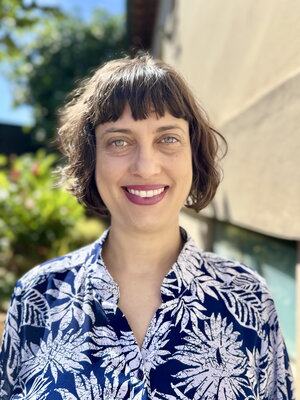
Pamilla Vilas Boas
Committed to fostering interdisciplinary dialogue between the Departments of Anthropology and the School of Music, Pamilla Vilas Boas plans to expand her doctoral research into a book titled "Life Is a Whirlpool: Retelling, Music, and Identity along the São Francisco River". She also intends to screen a documentary that she co-produced with quilombola communities.
...
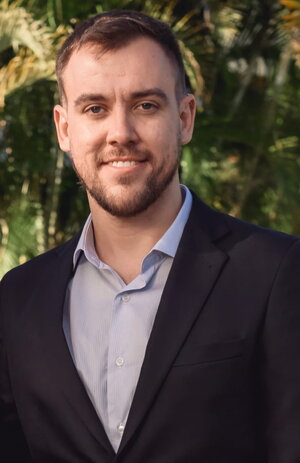
Yuri G Kappenberg
Yuri G Kappenberg will explore how the presence of the amino acid backbone in nitroxide-derived polymers may play an important role in the recognition and adsorption of PFAS. His research aims to investigate the molecular interactions between PFAS and the new synthesized materials, characterizing the adsorption efficiency and analyzing potential transformation byproducts through analytical techniques.
...
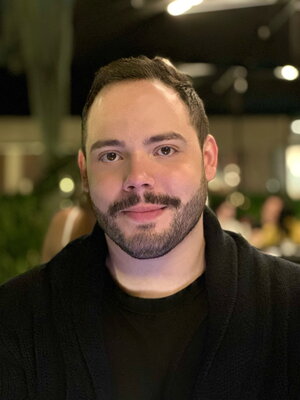
Tim Paiva-Neto
Bridging Borders, Strengthening Voices: A Brazil-Illinois exchange to elevate Community Health Workers and advance health equity
In 2025–2026, Tim will conduct postdoctoral research at the University of Illinois through the Werner Baer Postdoctoral Fellowship. His project focuses on strengthening the role of Community Health Workers (CHWs) in the public health systems of Brazil and the United States, especially in contexts of social vulnerability.
...
Previous

Fábio Rezende Braga
Politics, Social Justice, and Environmental Law, “Vulnerability from Oppression to Resistance: A Comparative Constitutional Analysis of Vulnerability and Power in Brazil and the United States”
Visiting Researcher at Oklahoma University at Center for Brazil Studies. PhD in Human Rights and Democracy at the Federal University of Paraná (UFPR/PR). Master in Social and Environmental Law and Sustainability from the Pontifical Catholic University of Paraná (PUC/PR).
...
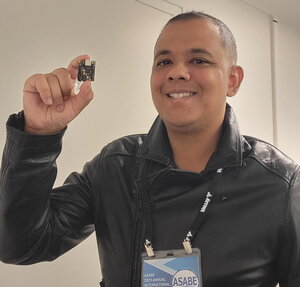
Marcus Vinicius da Silva Ferreira
Food Engineering focused on smart sensors and Artificial Intelligence, "Smart Sensors for Food Safety: Democratizing Access to High-Quality Food in Brazil"
Committed to advance in the quality and safety of foods, he brings together AI, machine learning, data analytics, chemistry, and food processing and quality control. Holding a background in food science, technology, and engineering, he was a Ph.D. recipient from the Rural Federal University of Rio de Janeiro – UFRRJ, Brazil (2023) and conducted research at UIUC on data modelling, e-nose systems, and smart dryers in a sandwich program.
...
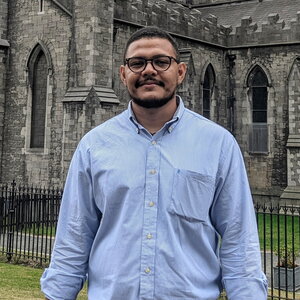
Francisco Filipe C.L. Viana
Civil & Environmental Engineering, "Promoting the Safety of Pipelines Subject to Landslides"
Francisco Filipe Viana, a Brazilian production engineer, has a strong research background in risk and Decision Analysis of critical infrastructures. His doctoral research at the Federal University of Pernambuco focused on developing multicriteria decision-making models to integrate human, financial, and environmental risk factors for natural gas and hydrogen pipelines. He has also collaborated with international researchers and developed a solid expertise in risk analysis and modeling.
...

Thais Zappelini
Political & Economic Law
The research ‘The Lipstick Lobby and the Letter of Brazilian Women to the Constituent Assembly: engendering democracy and rethinking Feminist movements to shape Law and Society’ proposes to address new ways of thinking about Law from the perspective of engendering democracy, focusing on the process that culminated in the 1988 Brazilian Constitution.
...

Victor Hugo Silva Souza
Agronomy
Pig farming faces challenges in terms of productivity and health due to the stressors that affect piglets after weaning. Antibiotics are commonly used to reduce losses caused by these factors, but their indiscriminate use has led to resistance of microorganisms to antibiotics. Therefore, finding an alternative to antibiotics that guarantees animal welfare, production sustainability and economic viability is a challenge, especially in the weaning phase.
...

Vania Castro
Universidade Federal of Minas Gerais, “Designing a framework to facilitate the implementation of BNCC in Brazil”
After years of debate, the new curricular standards known as the Base Nacional Comum Curricular (BNCC), proposed by the Brazilian Ministry of Education (MEC), were released in December 2018. The BNCC is a normative document that provides a framework for all students from preschool to high school, in both private and public schools, setting academic standards that every student is expected to learn at each grade level.
...
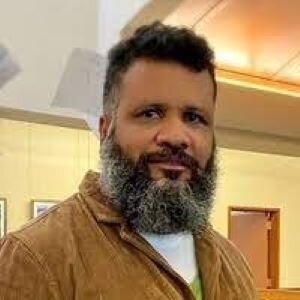
Jefferson Belarmino
State University of Rio de Janeiro (UERJ)
It is common to hear in Brazil that white Brazilians are not white in the USA. What can sociology say about this? What about the Black Brazilians? Historically, the big field of race relations has not paid attention to the meaning of race as it applies to Brazilians who immigrate to the United States. At the same time, the research focusing specifically on Brazilian immigrants in the North American country does not highlight race issues substantially.
...
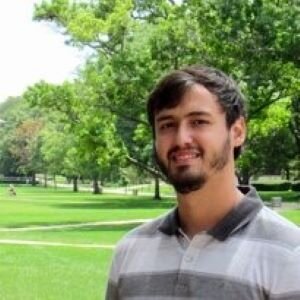
Guilherme Travassos
"Intrahousehold Poverty and Inequality in Brazil"
Despite considerable declines in poverty rates and inequality in Brazil during the first decade of this century, the country still has one of the highest levels of inequality in the world. Important aspects of well-being depend on measuring individual-level access to resources within households, because within a household, some members may be poor and others not.
...
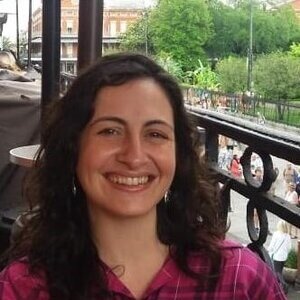
Renata Siqueira
"Black Territories' and 'Black Culture': City and Race Relations in the Coleção Carnaval Paulistano of São Paulo’s Image and Sound Museum (1970s and 1980s)"
Although in Brazil “Black territory” is a notion that has historically served activist and scholarly purposes, there has been little work to theorize specific Brazilian meanings for the concept. As a result, scholars often treat “Black territory” as a self-evident, even timeless idea. In this lecture, I will present results of ongoing research that aim to sharpen this discourse and explore the concept’s historical foundations.
...